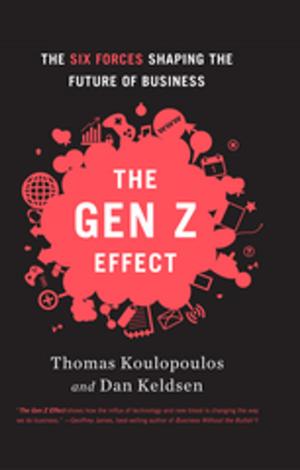Your Life or Mine
How Geoethics Can Resolve the Conflict Between Public and Private Interests in Xenotransplantation
Nonfiction, Reference & Language, Law, Ethics| Author: | Martine Rothblatt | ISBN: | 9781351772501 |
| Publisher: | Taylor and Francis | Publication: | July 5, 2017 |
| Imprint: | Routledge | Language: | English |
| Author: | Martine Rothblatt |
| ISBN: | 9781351772501 |
| Publisher: | Taylor and Francis |
| Publication: | July 5, 2017 |
| Imprint: | Routledge |
| Language: | English |
This title was first published in 2003. Xenotransplantation - the transplantation of animal organs into humans - poses a fascinating moral dilemma. Should this ability to extend the lives of millions of older people be permitted given that it might trigger a new pandemic similar to AIDS? This study examines the moral dilemma from a combination of humanistic, legalistic, bioethical, economical and technological perspectives. The first part of the book demonstrates that xenografts are the only realistic near-term technological answer to the organ shortage problem. The balance of the book is devoted to assessing whether doctrines such as the 'right to health care' trump the moral and ethical conundrums posed by xenotransplantation. The book concludes with a 'geoethical' solution that proposes authorization of xenotransplantation subject to the prior implementation of a new international organization for epidemiology and basic health care. It also suggests that the costs of operating such an organization could be covered by a global tax on xenografts.
This title was first published in 2003. Xenotransplantation - the transplantation of animal organs into humans - poses a fascinating moral dilemma. Should this ability to extend the lives of millions of older people be permitted given that it might trigger a new pandemic similar to AIDS? This study examines the moral dilemma from a combination of humanistic, legalistic, bioethical, economical and technological perspectives. The first part of the book demonstrates that xenografts are the only realistic near-term technological answer to the organ shortage problem. The balance of the book is devoted to assessing whether doctrines such as the 'right to health care' trump the moral and ethical conundrums posed by xenotransplantation. The book concludes with a 'geoethical' solution that proposes authorization of xenotransplantation subject to the prior implementation of a new international organization for epidemiology and basic health care. It also suggests that the costs of operating such an organization could be covered by a global tax on xenografts.















